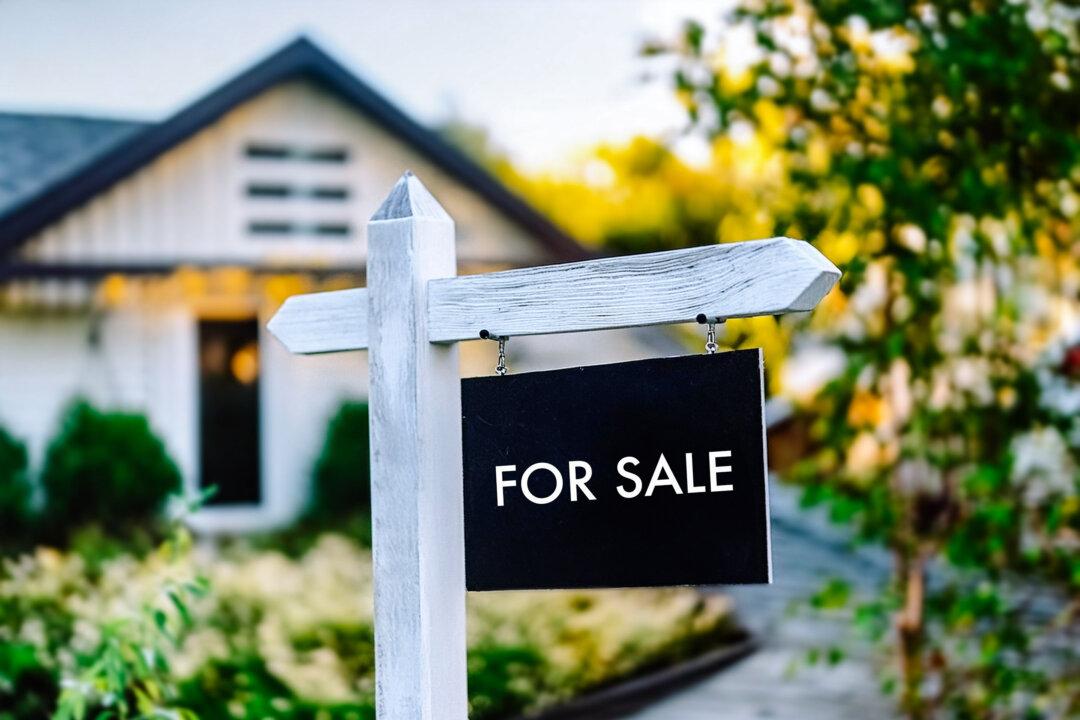Most people are concerned with how much they'll make from selling their house. This is especially true now, with the housing shortage and high prices. But there’s a financial downside to selling your home.
When your house goes on the market, you may not realize that both the seller and you will be spending money. There are hidden costs in every aspect of the sale. But what are these costs, and is there any way to avoid them?





